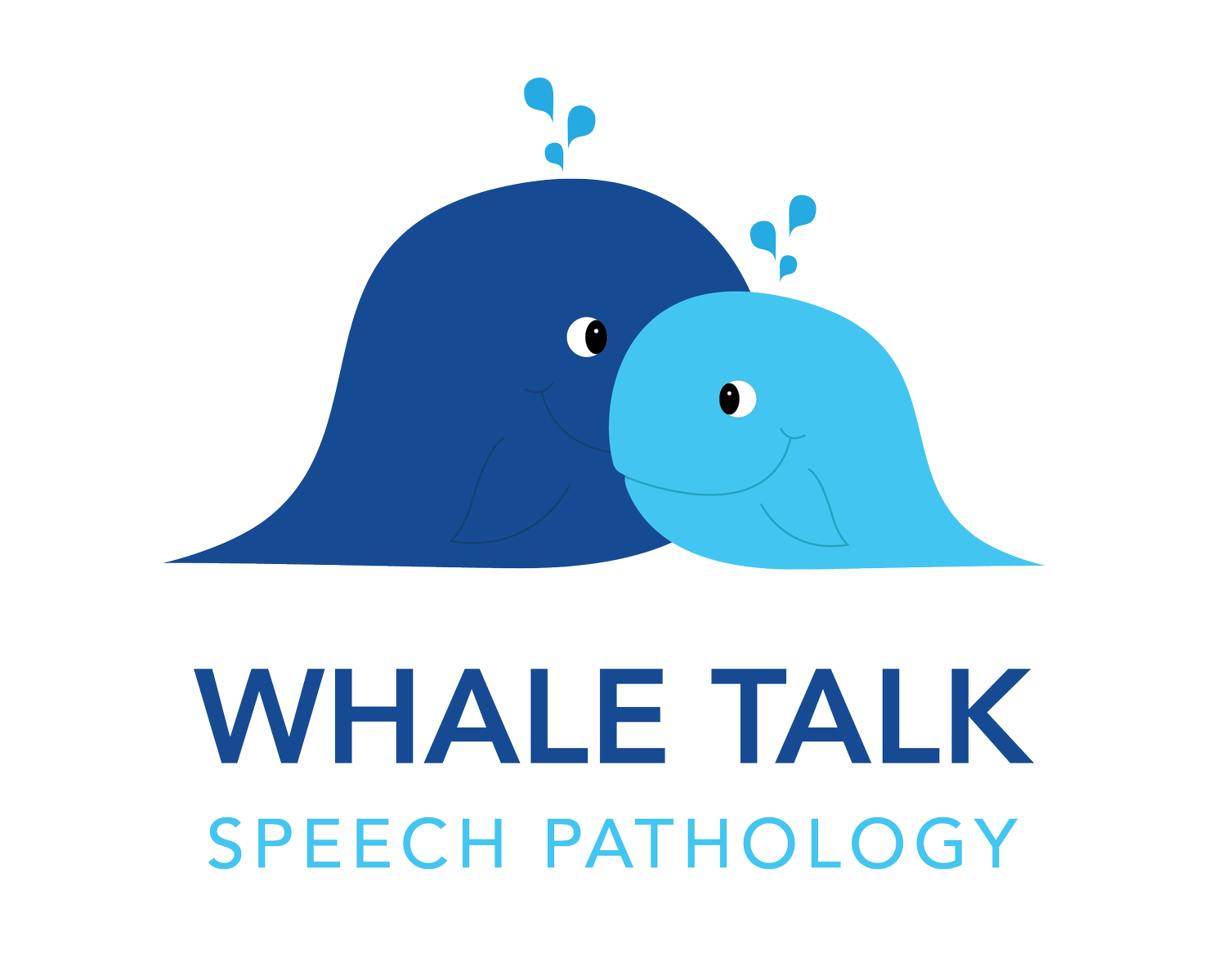Frequently Asked Questions
-
No referral is needed to see a Speech Pathologist. Simply make an enquiry to book in.
-
Yes, unless you have been to see another Speech Pathologist and can provide a recent report no older than 12 months, an assessment will be carried out at your first appointment. This is to ensure that we are able to formulate personal and relevant therapy goals and identify areas of strengths and weaknesses to begin your therapy journey.
Speech pathology assessments also help us to provide a clinical judgement on how therapy is administered (e.g. frequency, length of sessions, etc) and whether ongoing therapy is recommended.
-
At Whale Talk Speech Pathology, we take pride in our work and need our time taken for assessment results analyses and report writing to be fairly accounted for. Additional time for results analyses and goal setting is always required following an initial assessment/appointment so that we can formulate meaningful goals for tailored for every individual client.
We also include a comprehensive and extremely detailed speech pathology report containing the client’s results of assessment, recommendations for therapy, recommendations for educators & other professionals involved in the client’s care and any recommendations for NDIS or other funding.
-
The number, length and frequency of therapy sessions are dependent on each Client’s individual abilities and circumstances.
Consistent and regular attendance at speech therapy is recommended for optimal therapeutic outcomes.
A clinical recommendation regarding frequency and length of sessions will be provided following your initial assessment/appointment.
-
Research indicates that the earlier a child is treated for their difficulties, the better the outcomes for them in the long-run.
Attending regular and consistent therapy to address speech, language, literacy, social skills and other delays in a child’s younger years also reduces the likely longer-term impacts on a child’s communicative confidence, social-emotional wellbeing and their academic performance.
For younger clients, parents will participate in parent education and coaching therapy sessions, where they will be taught strategies to support their children within interactive sessions.
If you would like to find out more, contact us to speak to our clinicians.
-
Telehealth refers to speech therapy that is delivered via an online platform. We use Zoom.
Recent studies have shown that Telehealth therapy sessions are usually at least as effective as face-to-face speech therapy and can be used to assess and treat a range of communication difficulties.
Parent Education sessions are also frequently and effectively carried out over Telehealth for younger clients and to involve more members of the family into therapy sessions.
Suitability of a client to attend via Telehealth will be carefully considered and discussed with each individual and their family.
-
There is free and accessible parking (3P) in the Fisher Avenue Car Park, which is a short 2-5 minute walk to our clinic.
There is also plenty of free parking along Fisher Avenue. Please take care and check the street signs for any parking limitations.
-
No, there is no significant data or research, despite many recent studies, to indicate that speech or language difficulties are caused by mask wearing or that children take longer to learn speech or language because on mask-wearing (American-Speech-Language-Hearing Association, 2022)
In sessions, we remove our masks as necessary to provide visual cues and models to clients or for those hard of hearing. Our mask-wearing infection control policy remains in place to support the safety of all staff, clients and families.
If you have another question to ask us, please let us know!
